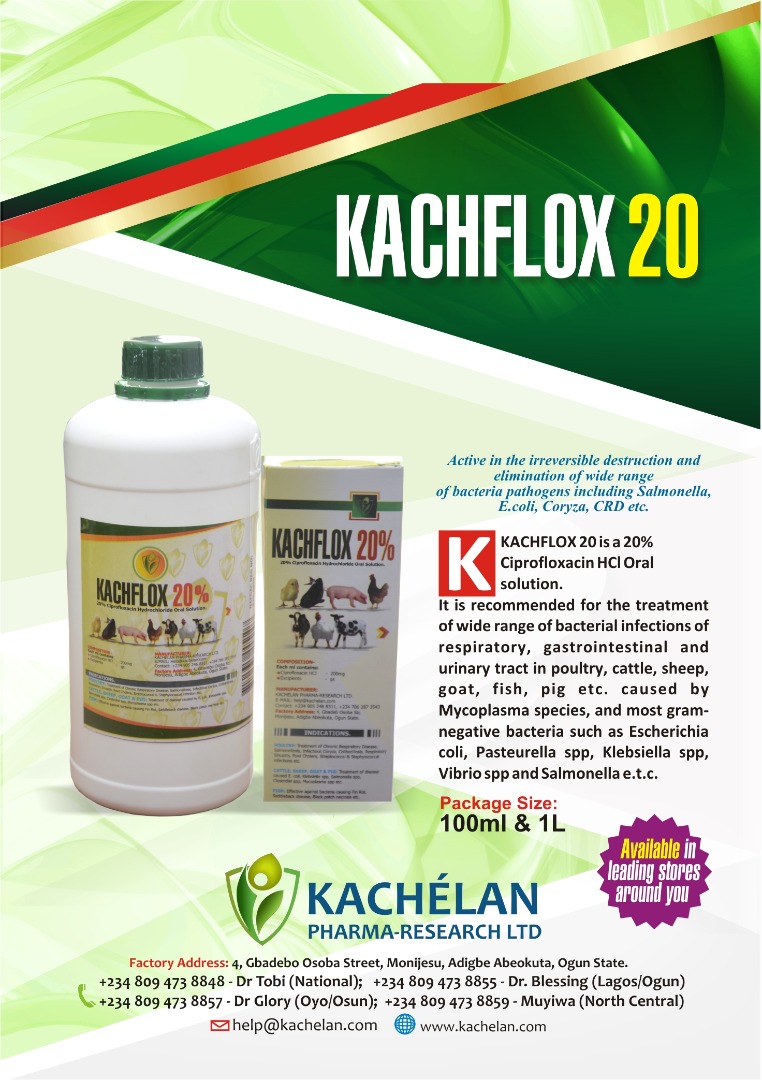Why Farmers Should Prepare for Heavy Rains this Year
Nigerians have been cautioned not to ignore the early warning forecast by the relevant weather monitoring and emergency management agencies about this year’s rainfall and flooding expectations.
The Managing Director/Chief Executive Officer, Leadway Assurance, Tunde Hassan-Odukale, made the call in a statement.
 Learn More
Learn More
Quoting the Nigeria Meteorological Agency (NiMET), he warned that the year would witness early rains accompanied by flooding.
He said NiMET, which had also issued a grim forecast last year, stated that starting in March, the coastal areas in the Southsouth, particularly Bayelsa, Akwa Ibom, and Rivers states, would experience downpour; Southern Inland cities would see precipitation in the month, while central states would see rain next month.
He said: “NiMET also predicted ex-tended rainfall in Gombe, Kaduna, Kwara, Enugu, Anambra, Ogun, and Lagos states.
READ ALSO See Why The Prices of Tomatoes Might Skyrocket in the Coming Months
“It said between June and July, the northern states of Sokoto, Kebbi, Zamfara, Kano, Katsina, Jigawa, Yobe, and Borno would experience the beginning of rain, which will peak between July and September.’’
Hassan-Odukale further stated that according to federal authorities, the last year’s floods resulted in 662 deaths in 33 states as the heavy rains destroyed investments in agriculture, farms, and properties worth trillions of naira.
“The Federal Government estimated that over two million Nigerians were displaced and that the national economy lost well over N4.2 trillion to the floods.This year’s weather forecast paints a bleak picture, especially against the backdrop of the prevailing global inflation and economic vulnerabilities and uncertainties. As expected, these projections call for a prompt response from all stakeholders.
READ ALSO 10 ways to effectively practice Biosecurity on your poultry farm 1
“As a nation, as agribusiness investors, business owners, property and asset managers, families, and individuals, we must proactively take action to mitigate the disheartening and devastating human and material losses from the flooding incidents in 2022.
“With the National Bureau of Statistics (NBS) reporting that Nigeria’s food inflation rate peaked at 24.35 per cent in February 2023, there is an urgent need to prioritise food security and protect the enormous investment in agriculture,’’ Hassan-Odukale said.
ATTENTION: Click “HERE” to receive More updates directly on your WhatsApp!
On our side, we have designed insurance policies to help victims of devastating flooding recover from the massive financial losses, which experts estimated at over N4.2 trillion”, he added.
Hassan-Odukale pointed to the Agricultural market, which contributed 26.97 percent to the national GDP in 2022, as the most vulnerable sector to flood devastation. The National Agricultural Extension and Research Liaison Services (NAERLS), Ahmadu Bello University, Zaria, estimated that the industry lost about 700 billion Naira to the 2022 flood.
Similarly, the construction and property market, which NBS reported contributed about N20 trillion to the Nigerian GDP in the first three quarters of last year, is also one of the vulnerable sectors to watch, he noted.















